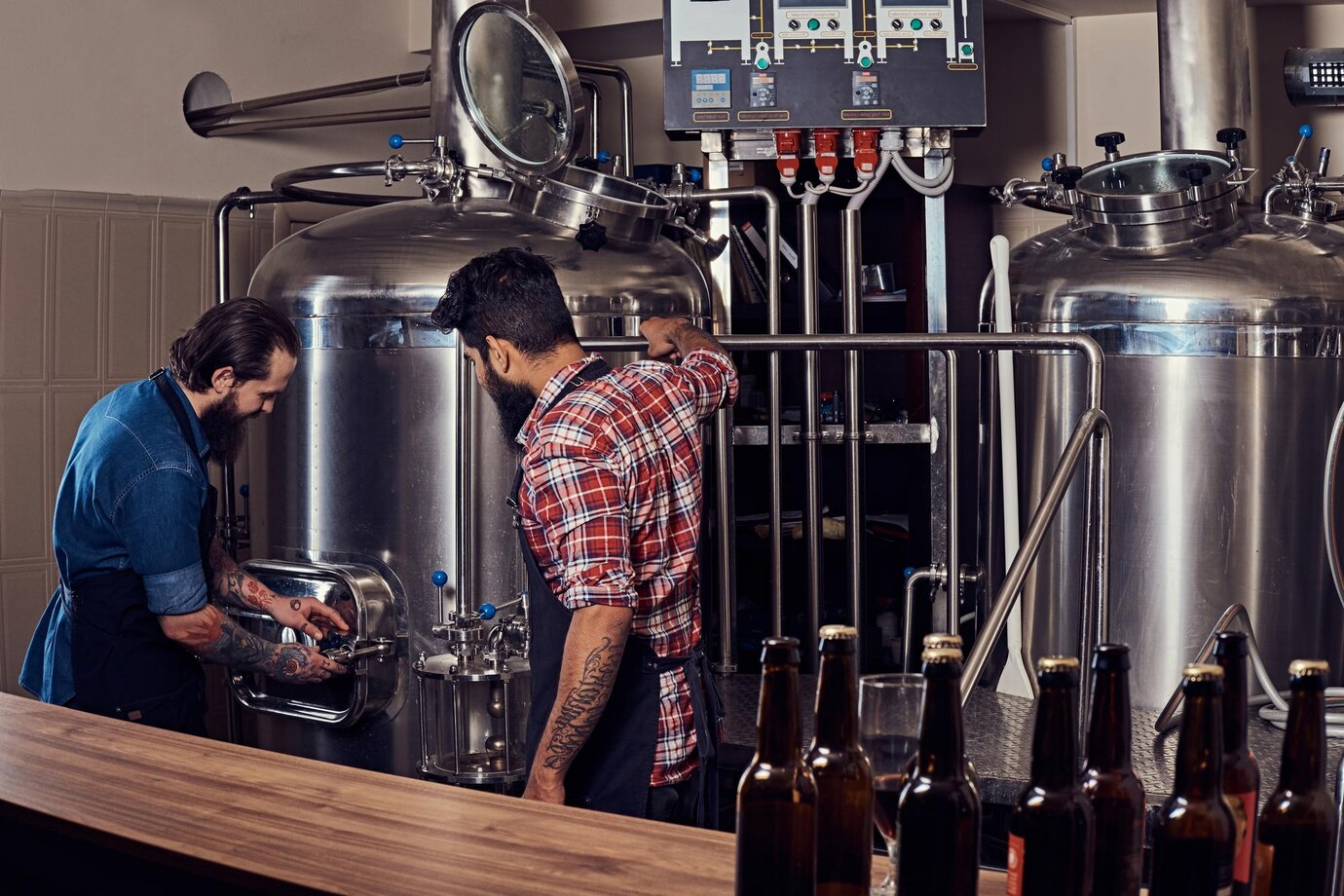In recent years, fertility clinics Chicago have revolutionized the way people approach family planning, offering new hope to couples and individuals facing fertility challenges. With advancements in medical technology Read More
One of the most significant ways fertility clinics are changing family planning is by giving couples more control over when and how they start a family. For many, infertility used to be an insurmountable barrier to parenthood. Today, thanks to IVF, couples can choose to undergo treatment when they feel ready. IVF allows people to store embryos for future use, giving them the flexibility to start a family on their own timeline. This shift is especially important for those who wish to focus on their careers, personal goals, or other priorities before having children. Fertility clinics Chicago are empowering individuals to take control of their reproductive choices, contributing to a more personalized approach to family planning. In addition to helping those with infertility issues, IVF clinics are playing a crucial role in supporting same-sex couples and single individuals who want to become parents. Through donor eggs, sperm, and surrogacy options, IVF offers a pathway to parenthood for people who might otherwise not have the biological means to conceive. This inclusivity represents a major shift in family planning fertility clinic chicago, as it opens doors for individuals and couples from diverse backgrounds to experience the joys of parenthood. IVF clinics are helping redefine what it means to be a family, offering a modern solution that accommodates the evolving needs of society. The role of technology in IVF clinics has also contributed to their transformative impact on family planning. With advancements such as pre-implantation genetic diagnosis (PGD), clinics can now screen embryos for genetic abnormalities before implantation. This helps increase the chances of a healthy pregnancy and reduces the risk of genetic disorders. As a result, IVF clinics are not just helping people conceive but are also enhancing the overall health outcomes of families. In the broader context of reproductive healthcare, these technological innovations represent a significant leap forward in family planning, giving parents more control over their children’s health even before they are born. Another important factor in the rise of IVF clinics is the emotional and psychological support they provide to individuals and couples going through fertility treatments. The IVF process can be an emotionally challenging journey, filled with ups and downs. Recognizing this, many clinics offer counseling and support services to help patients cope with the stress and uncertainty that often accompany treatment. By addressing the emotional aspects of fertility, IVF clinics are ensuring that their patients feel supported throughout their journey, which is crucial to the overall success of the process. This holistic approach to family planning highlights the compassionate care provided by these clinics, making them an essential part of the modern fertility landscape. The increasing availability of IVF clinics around the world has also had a democratizing effect on family planning. Once seen as an expensive and exclusive treatment option, IVF is becoming more accessible to a wider population, thanks to advancements in medical technology, improved success rates, and evolving insurance policies. In many countries, IVF is now covered under health insurance plans, making it a viable option for more families fertility clinic chicago. This increased access has broadened Fertility clinics Chicago the scope of who can pursue fertility treatments, contributing to more diverse family structures and giving more people the opportunity to realize their dream of becoming parents. In conclusion, IVF clinics are at the forefront of a new era in family planning, offering hope and solutions to people facing a wide range of fertility challenges. By giving individuals and couples more control over their reproductive choices, expanding the definition of family, and incorporating cutting-edge technology, IVF clinics are transforming the way people approach parenthood. The emotional support and care provided by these clinics further enhance their role in helping people navigate the often complex and emotional journey of fertility treatment. As IVF becomes increasingly accessible, it continues to reshape family planning, making parenthood a reality for countless individuals who once thought it was out of reach.
A New Brew of Parenthood: How IVF Clinics Are Changing Family Planning
In recent years, fertility clinics Chicago have revolutionized the way people approach family planning, offering new hope to couples and individuals facing fertility challenges. With advancements in medical technology Read More









